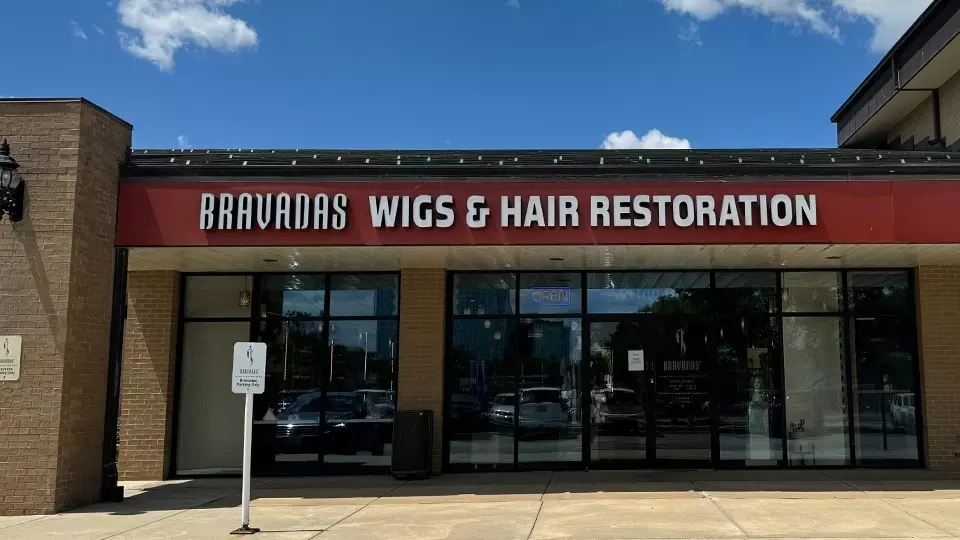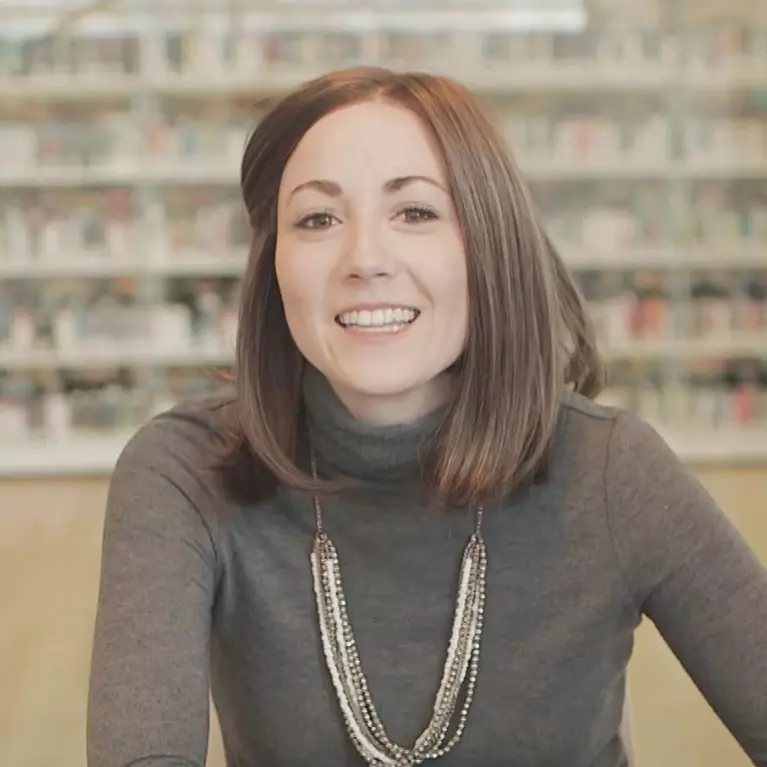Introduction to the Stages of Grief for Hair Loss
Hair is such a large part of an identity for a woman. Losing your hair is a significant loss and is a very emotional journey. Many women experience grief when losing their hair. If you are going through this journey, finding where you are in the stages of grief can help you understand your journey.
The Stages of Grief are what people go through when they experience a significant loss. These stages are not the same for everyone, but most people will experience all five stages at some point. The Kubler-Ross Grief Cycle has five stages, Denial, Anger, Bargaining, Depression, and Acceptance.
The First Stage of Grief is Denial
The first stage is denial, where the person either does not want to believe what has happened or cannot accept it. This stage can last for days, weeks, months, or even years. Denial is a natural response to the death of a loved one, or in this case the loss of your natural hair. It is an emotional state in which we refuse to accept reality.
Denial can be a way for people to cope with loss. But it can also be dangerous because it prevents people from moving on and accepting the reality of that which they have lost. The first stage of grief is denial, and this is what happens when someone loses someone or something important in their life and they refuse to admit that they or it are gone for good.
The Second Stage is Anger
Anger is the second stage, and this is also the most common one. This stage usually starts within a few days of the loss and lasts for weeks or months. Being overwhelmed with a loss can easily lead to anger.
This stage can be difficult to manage but it is important that people find a way to cope with their anger. There are many ways that people can manage this stage of grief such as talking about their feelings or doing something physical like exercise or a hobby.
The Third Stage of Grief- Bargaining
Bargaining is when someone tries to make deals with God in order to bring the thing they lost back, this often happens in conjunction with anger and can last for months or years as well. The bargaining stage of grief is characterized by an increased desire for control and a decreased willingness to accept the reality of the loss. Bargaining can be seen as a way for the griever to regain some sense of control over their life and loss.
The bargaining stage is usually initiated as soon as the griever realizes that they are going to lose someone or something that means a lot to them. It is possible that they will try to bargain with themselves, with God, or with other people in order to make it so that the thing they lost does not go away.
The Fourth Stage is Depression
Depression is a state of low mood and aversion to activity that can affect a person’s thoughts, behavior, feelings, and sense of well-being. It is characterized by feelings of sadness, emptiness, hopelessness, and worthlessness. The fourth stage of grief is depression. The person who has lost something they love may spend weeks or months in this stage. They may cry frequently and be unable to enjoy activities that they used to enjoy. They may also experience changes in sleep patterns or appetite.
Depression is an emotional state that can be caused by many factors such as genetic predispositions or other mental disorders. It can also be the result of certain life events that happen to the sufferer such as death, divorce, being fired from work, or losing a loved one. Depression is often characterized by lack of interest in activities; feeling worthless, guilty, or helpless; loss of appetite and weight; sleep problems; lack of energy; difficulty concentrating on tasks; and thoughts about suicide.
Acceptance is the Final Stage of Grief
Learning how to cope with hair loss in different ways that are healthy is important for your mental health. The fifth stage of grief is acceptance. It is the final stage of grief and is the most difficult to achieve. The person must accept that the loss will never change and that they cannot undo it. They need to let go of the hope that things will be different in the future and accept that their life will be different because of this loss. The person needs to work on creating a new sense of self, identity, and meaning in their life without that which they have lost.
At Bravadas, we provide everything you need to reclaim healthy, beautiful hair. Take our quiz or reach out to schedule your free consultation.




